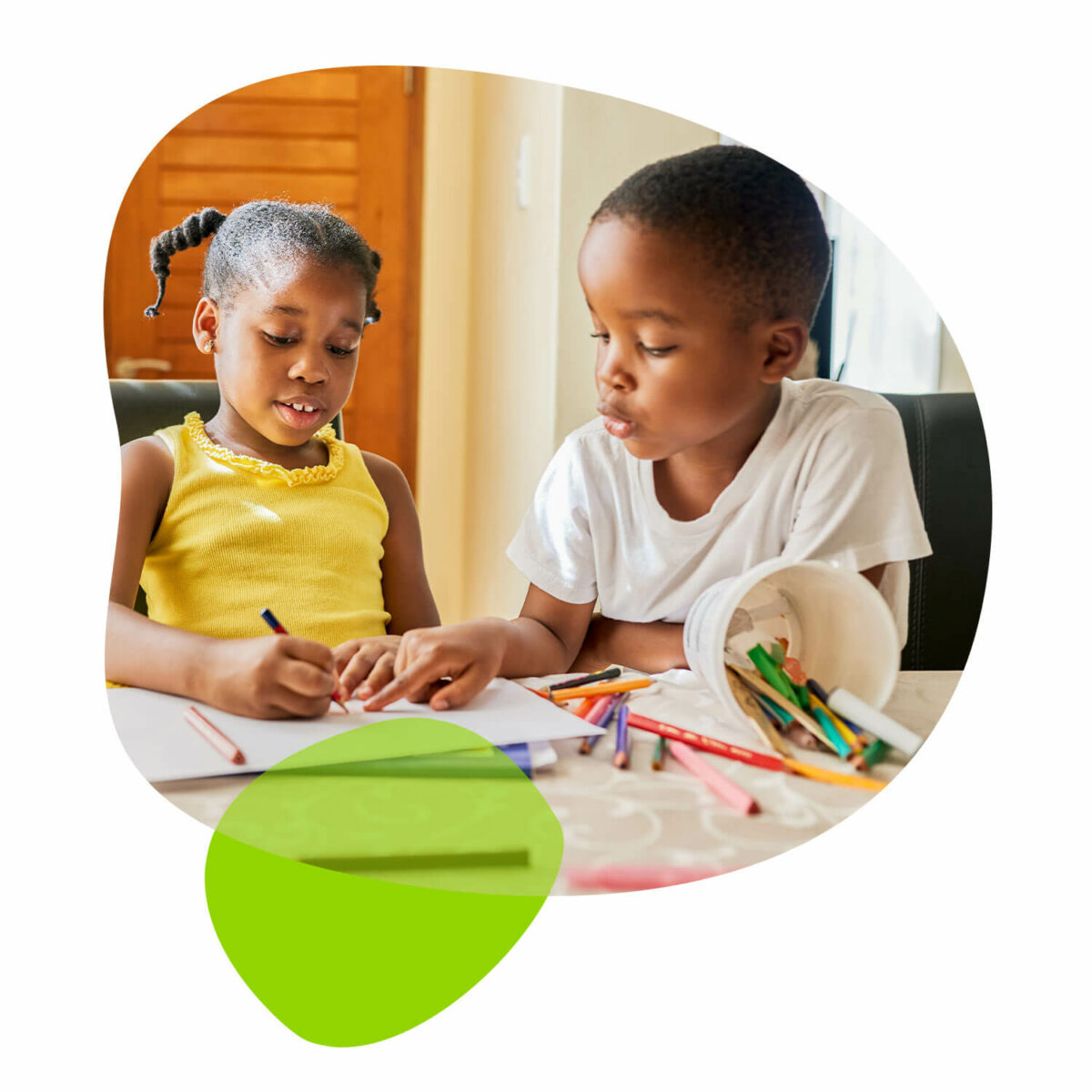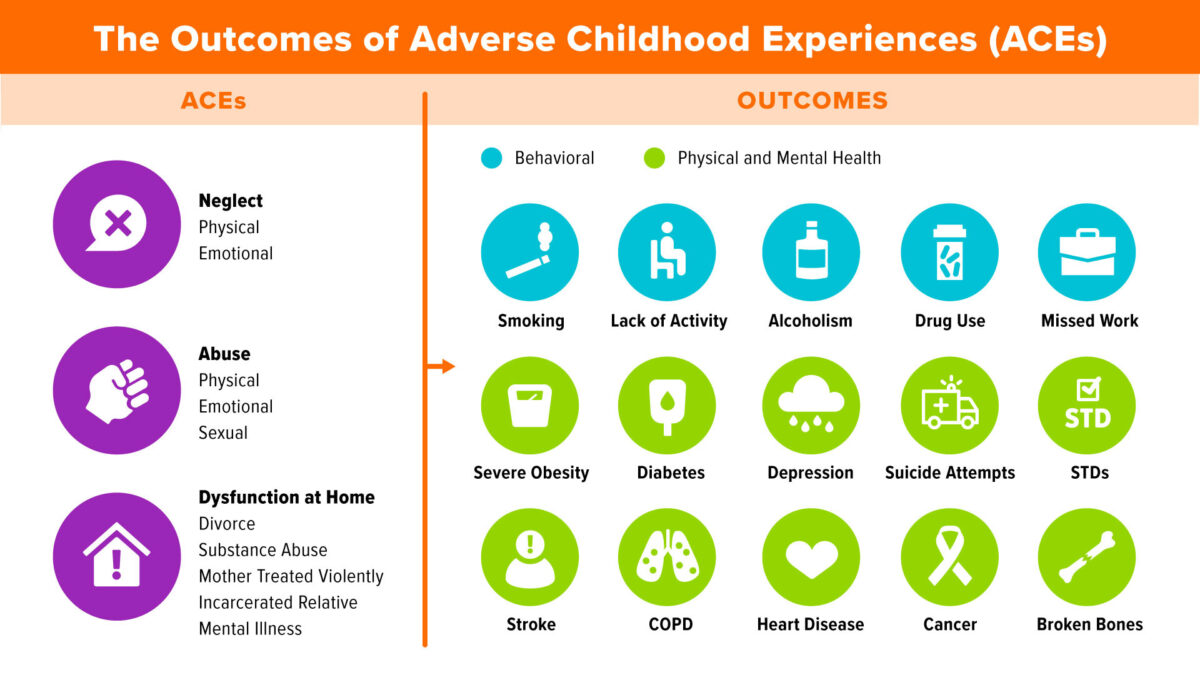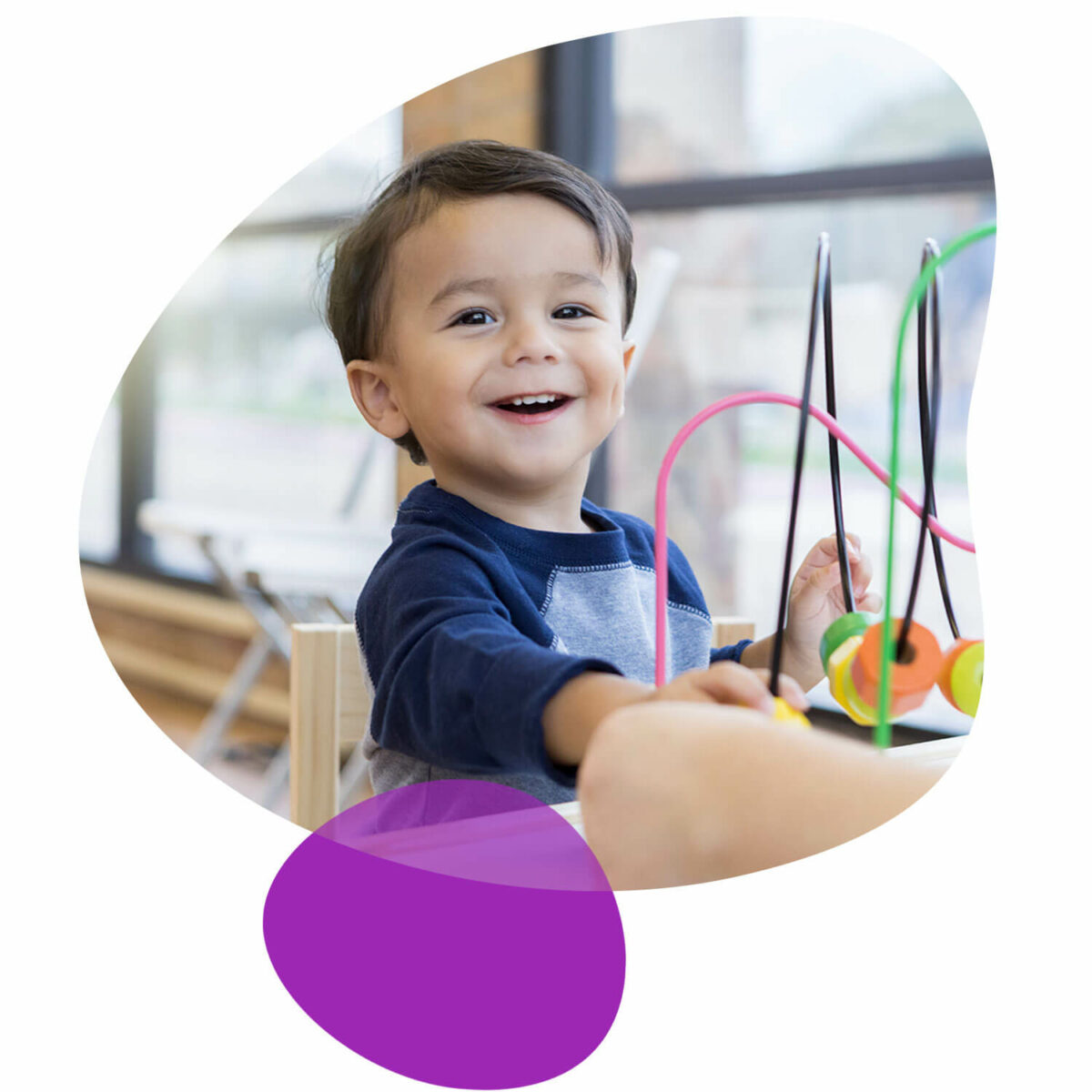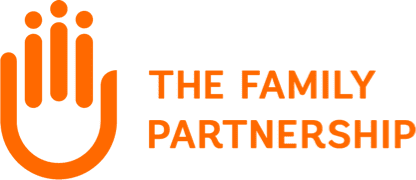Brain science
Our work relies on brain science.
Our programs and services incorporate evidence-based approaches, tools and emerging brain science to have the best outcomes with both adults and children.
The Family Partnership was an early adopter of brain science-informed approaches as a founding partner of the Change in Mind Institute, infusing emerging brain science into public policy and direct services for children and families in the U.S. and Canada.

Why Brain Science Matters
Our brains are shaped by our experiences, especially from the prenatal period through age six, and in the middle years through age 24.
When kids under the age of 18 experience adverse childhood experiences (ACEs), including child abuse, child neglect and household dysfunction (such as a seeing a caregiver being abused, having caregiver who struggles with mental illness or addiction, or experiencing the death or incarceration of a caregiver), these experiences have a cumulative negative impact on brain development. Growing up in a dangerous and unpredictable environment causes toxic stress, which wires the brain to respond with a fight or flight response over prolonged time. This takes a toll on physical and mental health, and can impair a child’s brain development, impairing the development of healthy executive function and self-regulation skills.

Sources: Robert Wood Johnson Foundation and Center for Disease Control
To buffer children from ACEs and toxic stress, The Family Partnership’s programs provide early intervention with families – early education and care for children and tools and support for parents who are experiencing adversity. We have also designed a custom intervention to boost executive function and self-regulation skills, since these are the skills that Harvard Center on the Developing Child describes as “core capabilities for life”: the key skills needed to succeed in school, to get and keep a job, and to be successful as a parent.
Available Now
EGG: The Proven Toolkit for Building Lifelong Focus and Resilience
EGG Toolkit, also called EGG or “Empowering Generational Greatness,” was developed by John Everett Till of The Family Partnership and Christine Wing, CCC, SLP, PhD, in collaboration with early childhood educators and leading experts in brain science, child development, and curriculum design.
EGG works by helping children and their caregivers develop executive function and self-regulation skills during the critical years of early childhood, the stage when brain development is at its fastest and most foundational.
Designed for children ages 3 to 5, EGG Toolkit contains fun, flexible, and science backed lessons for preschools, home visiting programs, parenting groups, and ECFE.
Our work boosts executive functioning brain skills.
The Family Partnership always seeks to apply emerging brain science to strengthen our programs and services.
Executive Functioning skills are so important because they are the core capabilities that help a person remember the essential elements of a task when carrying it out, stay on track and complete important goals, think of the possible consequences before taking an action, delay gratification and inhibit impulsive behavior, and respond flexibly when faced with new or stressful situations.

Think of Executive Functioning as the brain’s “air traffic control system”. The Alberta Family Wellness Institute created this video “How Brains are Built” to explain the impact of ACE’s and how Executive Functioning works.
Research-Based Practices
At The Family Partnership, we utilize methods proven through rigorous independent evaluation. We often lead in developing and testing new intervention methods.
We currently utilize 27 evidence-based practices (proven to work) and are exploring evidence-informed practices in brain science.
Evidence-based Practices (EBP)
These program models/interventions have been subject to independent evaluation studies, usually with publication in a scientific journal, and have demonstrated their efficacy:
- Bounce Back (children’s mental health)
- Creative Curriculum (preschool)
- Cognitive Behavioral Therapy (mental health)
- Eye Movement Desensitization and Reprocessing (mental health)
- Healthy Families America® Affiliate (home visiting for healthy births, parenting)
- Mobility Mentoring® (economic mobility coaching)
- Multisystemic Therapy (youth/family mental health)
- Narrative Exposure Therapy (adult mental health)
- Theraplay (children’s mental health)
- Trauma-Focused Cognitive Behavioral Therapy (adult mental health)
Evidence-Based Developmental Therapies
Evidence-Based Developmental Therapies used with young children for Occupational, Physical, Speech and Music Therapy include:
- Zones of Regulation for self-regulation skills
- The Alert Program for self-regulation
- Sensory Integration Interventions for self-regulation and sensory processing
- Trauma Informed Yoga for self-regulation and motor control/coordination
- First Strokes Handwriting Program for fine motor and writing skills
- Size Matters Handwriting Program for fine motor and writing
- Writing Without Tears for fine motor and writing skills
- Sequential Oral Sensory Approach to Feeding (SOS Approach)
- Beckman’s Oral Motor Program for feeding
- Kinesio taping for muscle stability and control
Evidence-Based Speech/Language Therapy
Evidence-Based Speech/Language Therapy techniques used with young children include:
- Focused Stimulation
- Child Directed Speech
- Expansion
- Recasting
- Parallel Talk
- Visual Cues and Feedback
Evidence-Informed Practices (EIPs)
EIPs are program models/interventions that are aligned with what science tells us is effective with children and families, even if the particular model has not yet reached the “gold standard” in evaluation of an Evidence-Based Practice.
Executive Functioning Across Generations:
- Core Curriculum (preschool children and parents)
- Home Visiting Adaptation (home visiting)
- Parenting Group Adaptation (parent education)
Intergen (economic mobility coaching)
Mindfulness Meditation and Techniques (multiple programs)
These are custom programs designed by The Family Partnership. Evaluation research is underway to eventually move this program to the EBP category.
Did you know?
While ACEs are common in Minnesota and can happen to anyone, African American and American Indian children in our state experience 3x the rate of ACEs as White children, while Latinx children experience ACEs at 2x the rate of White children.
Source: Minnesota Department of Health
Latest Updates and Resources
Explore the latest news from our team, gather insights and gain access to resources.
-
Minnesota’s Early Childhood Investments Are Paying Off—But More Funding Is Needed to Sustain Progress
February 18, 2025Read More -
Building a Bridge to the Future with The Family Partnership’s New Interim CEO and Strategic Framework
January 14, 2025Read More -
Building Generational Success Through Play-Based Therapy at The Family Partnership
September 26, 2024Read More
Our Partnerships
We are driving change with leading national organizations on using the latest research and ideas for new strategies to advance families health and well-being.
Stay connected and sign up.
Stay in the know and get the latest news, updates and information about our services and achievements.
"*" indicates required fields

